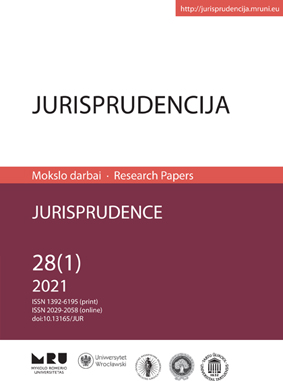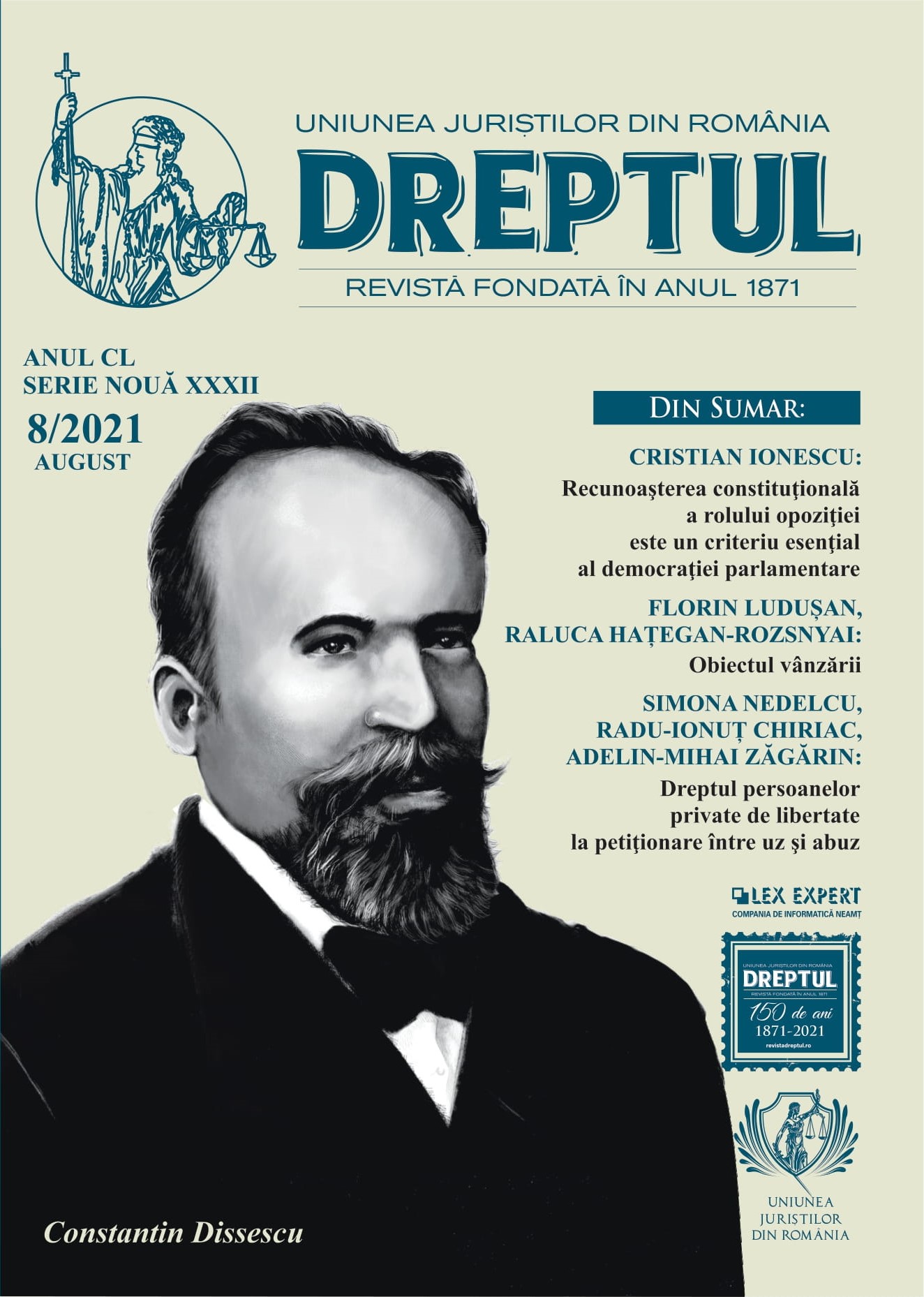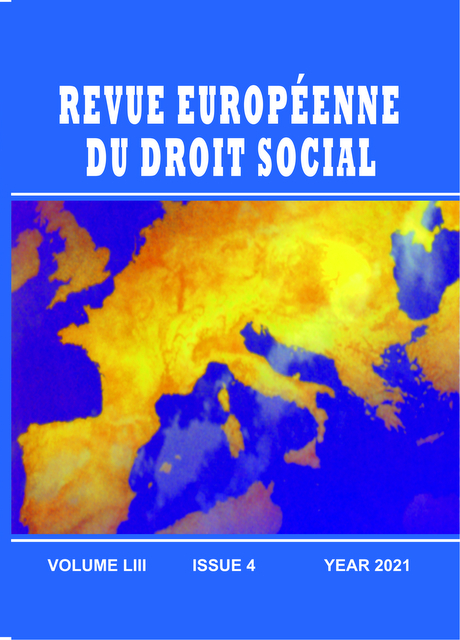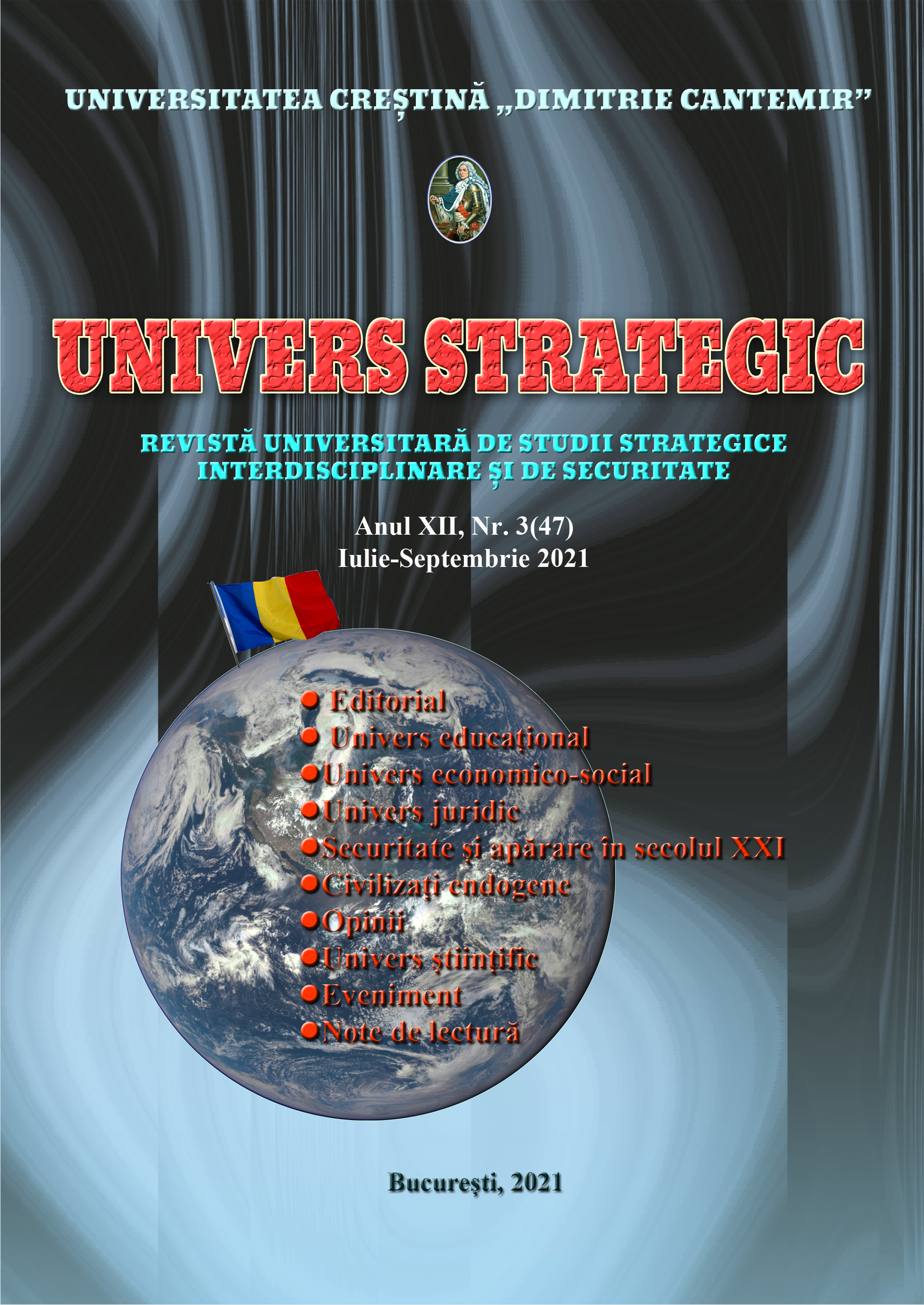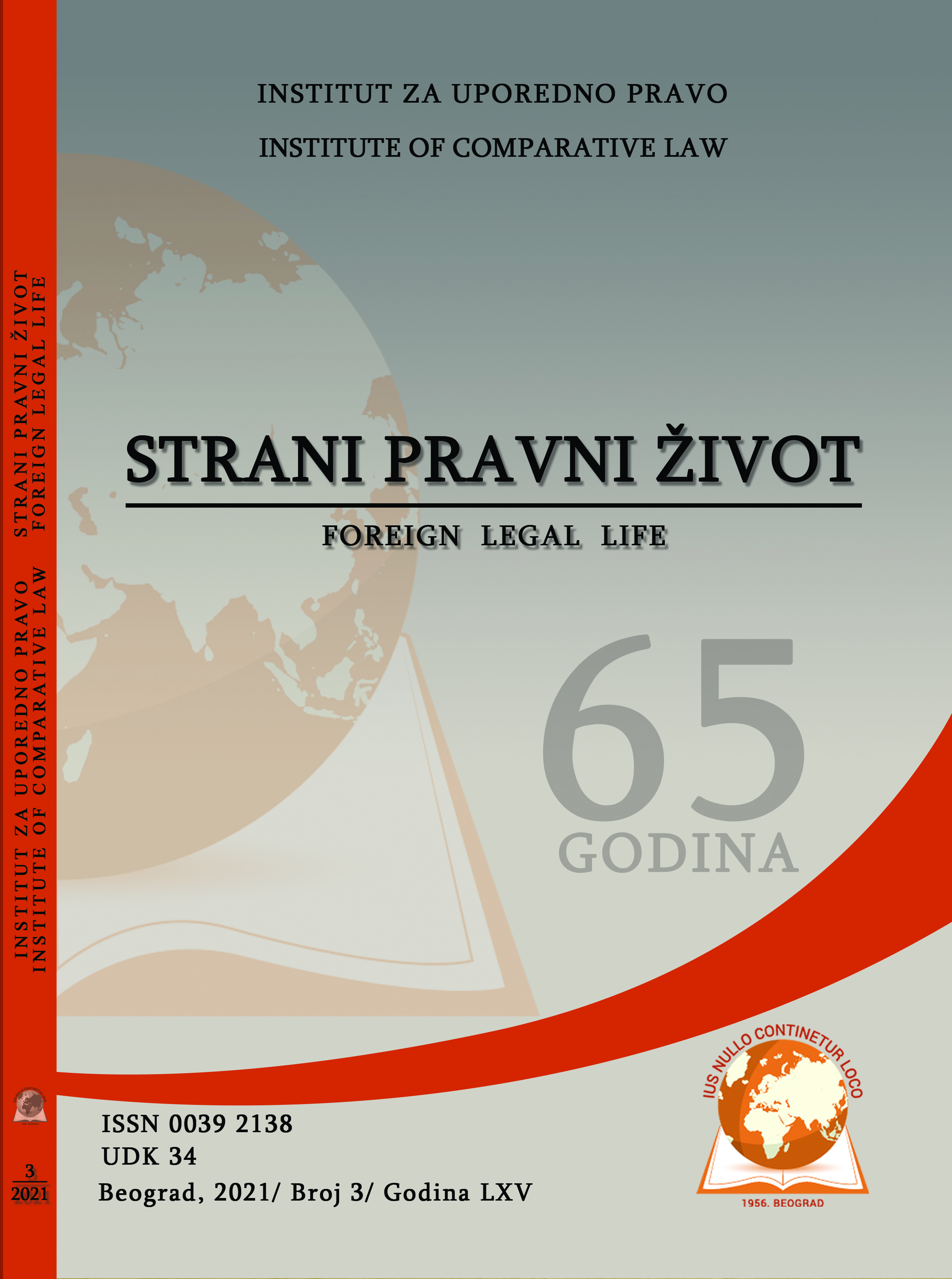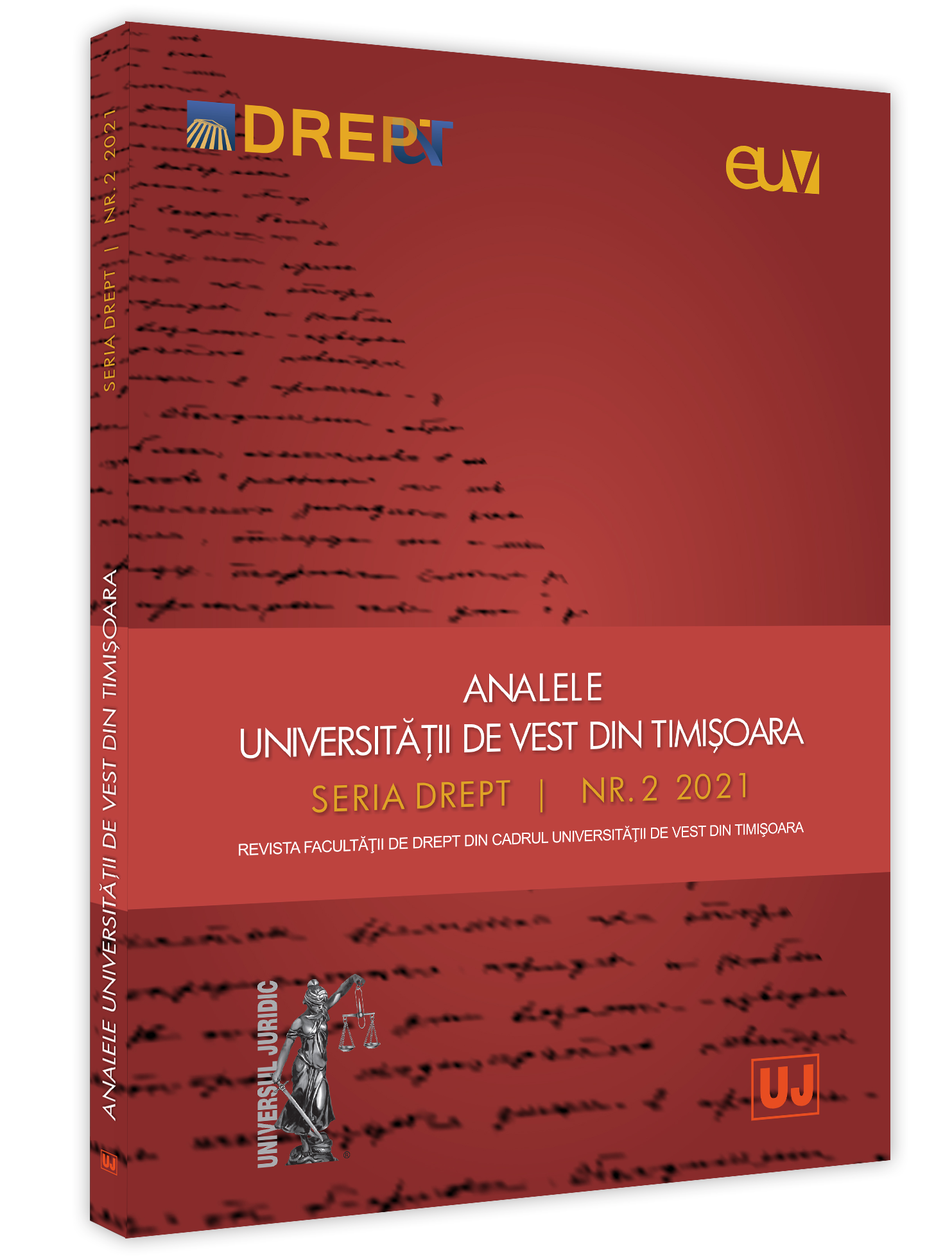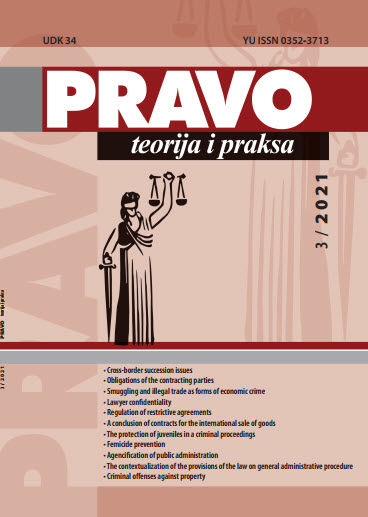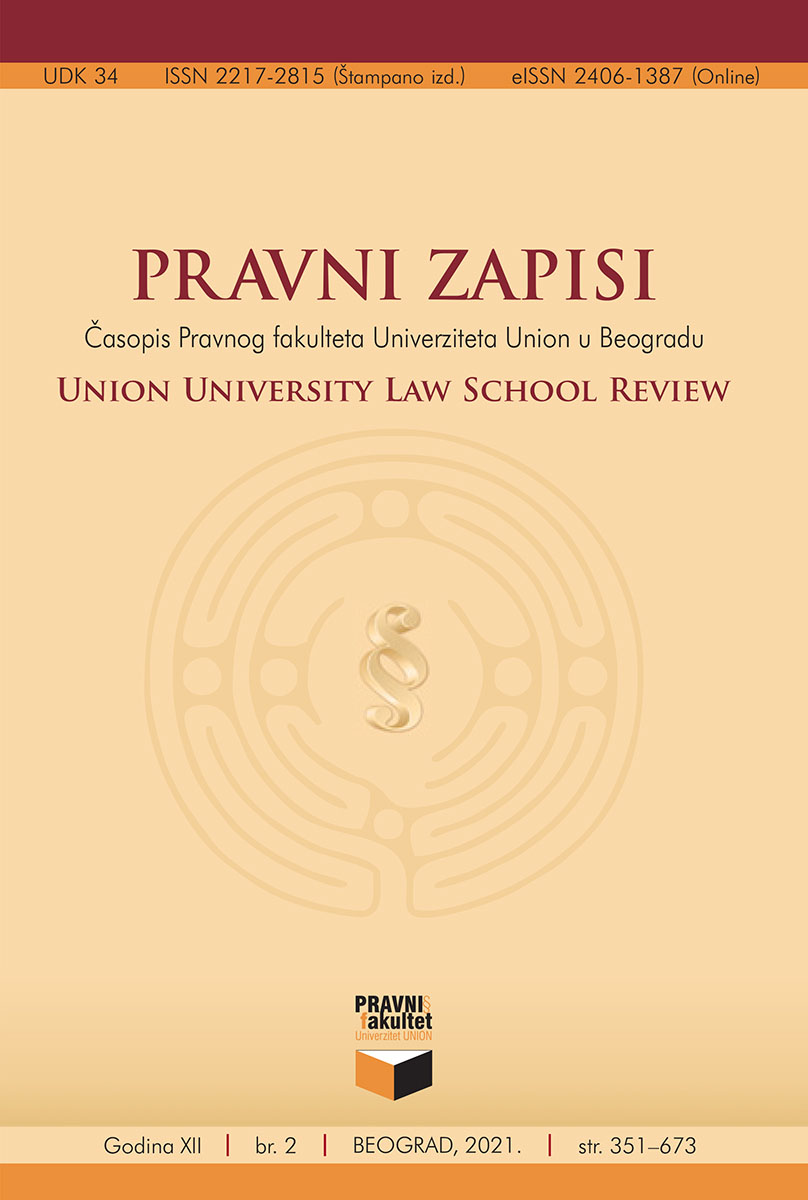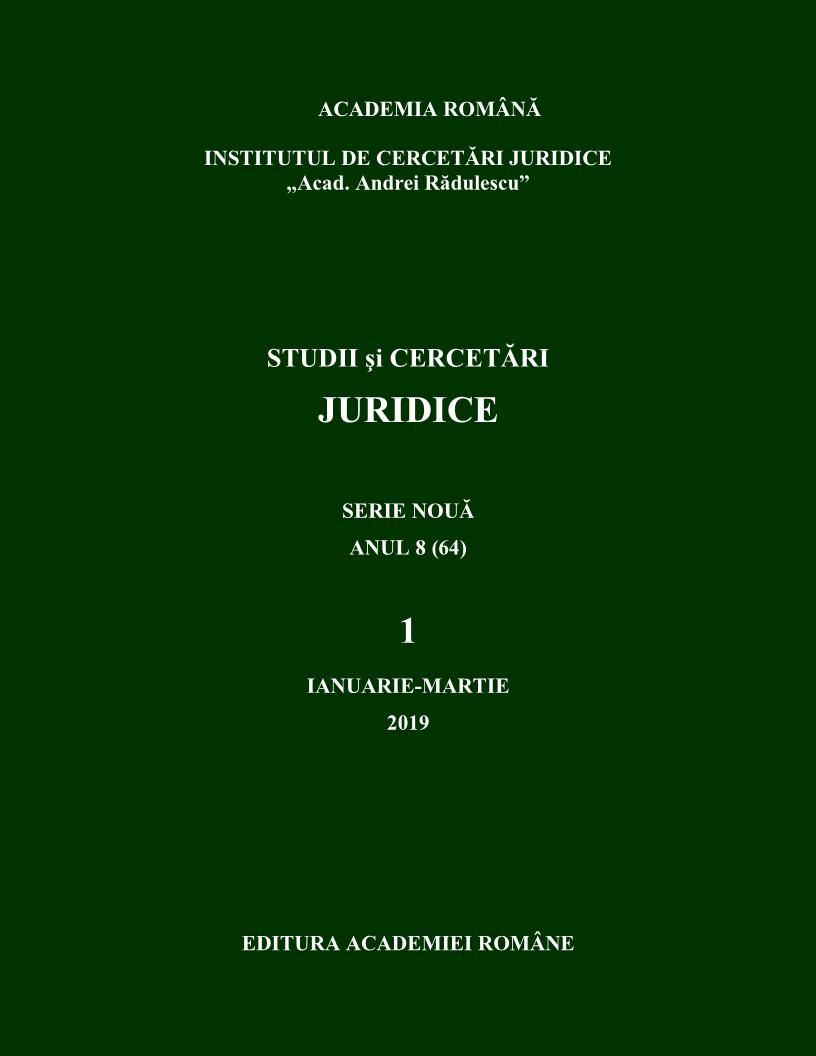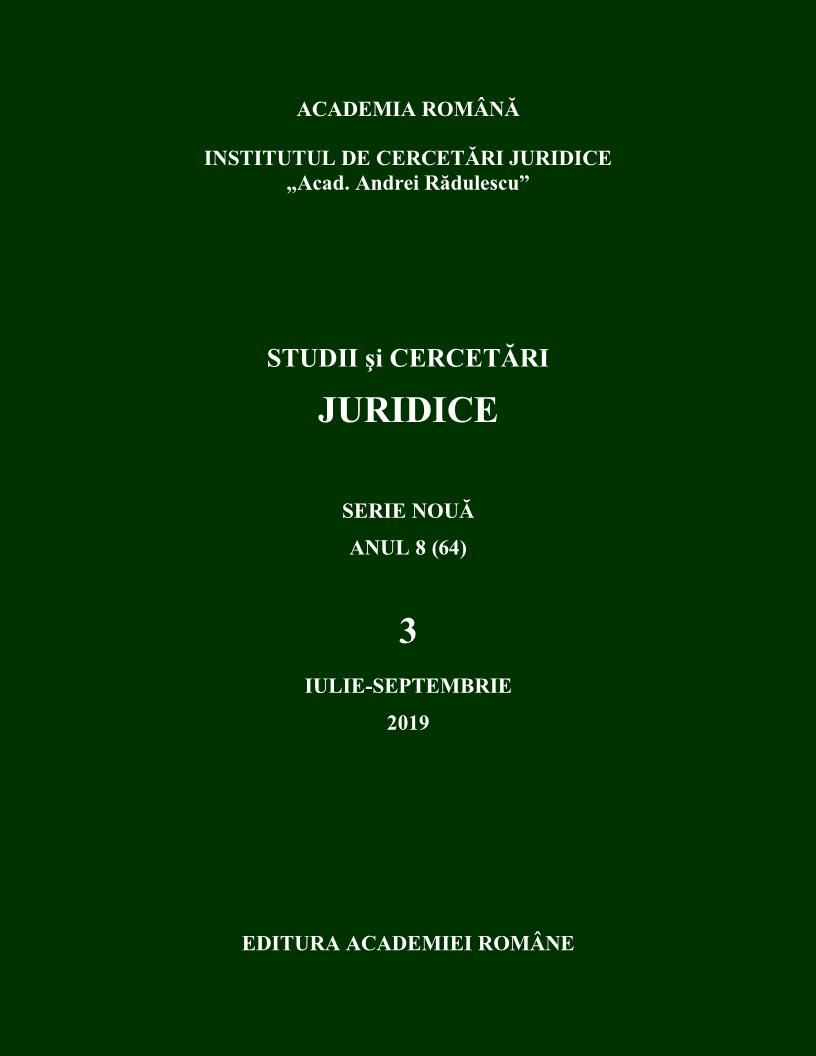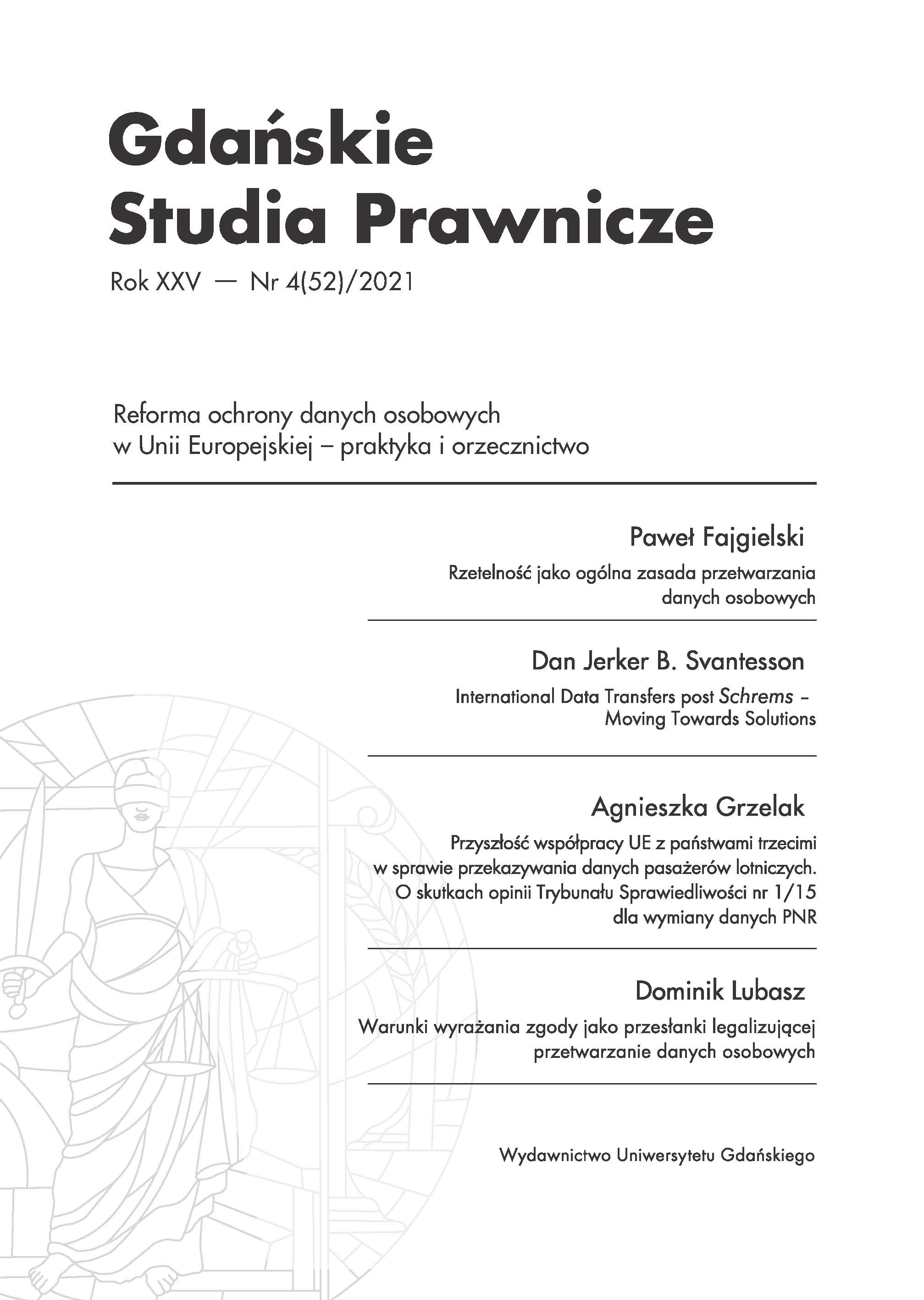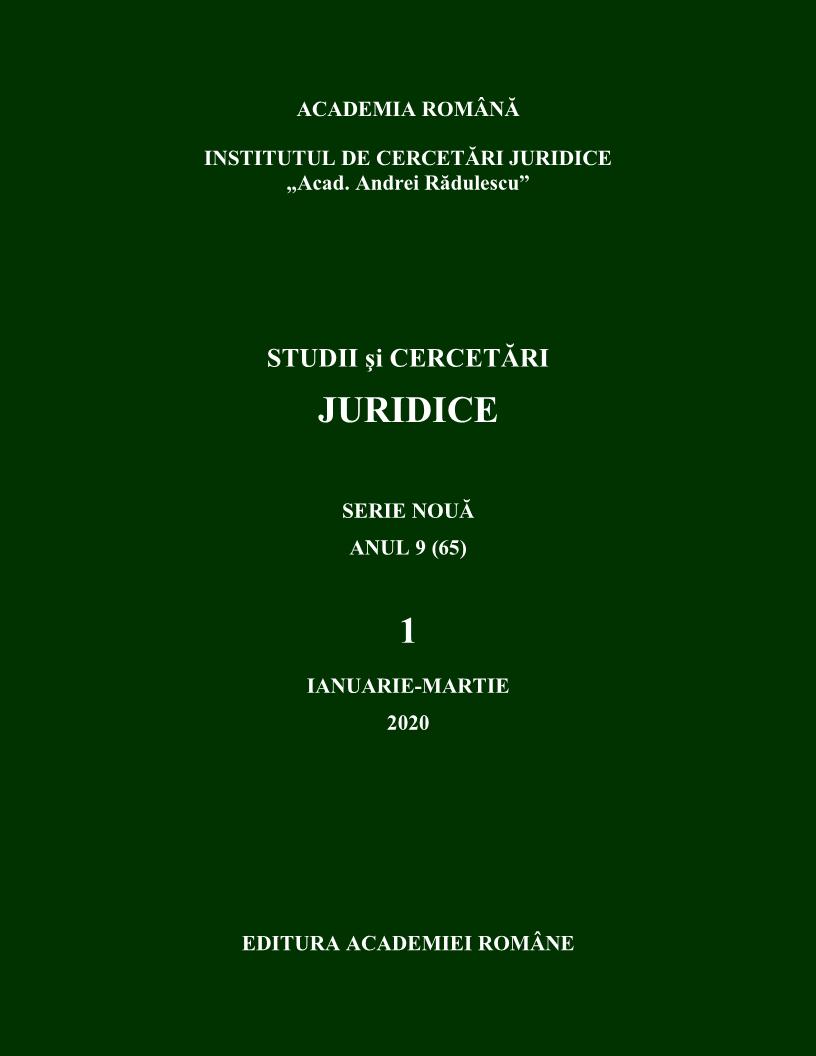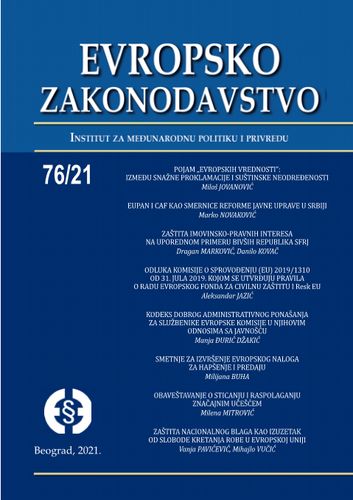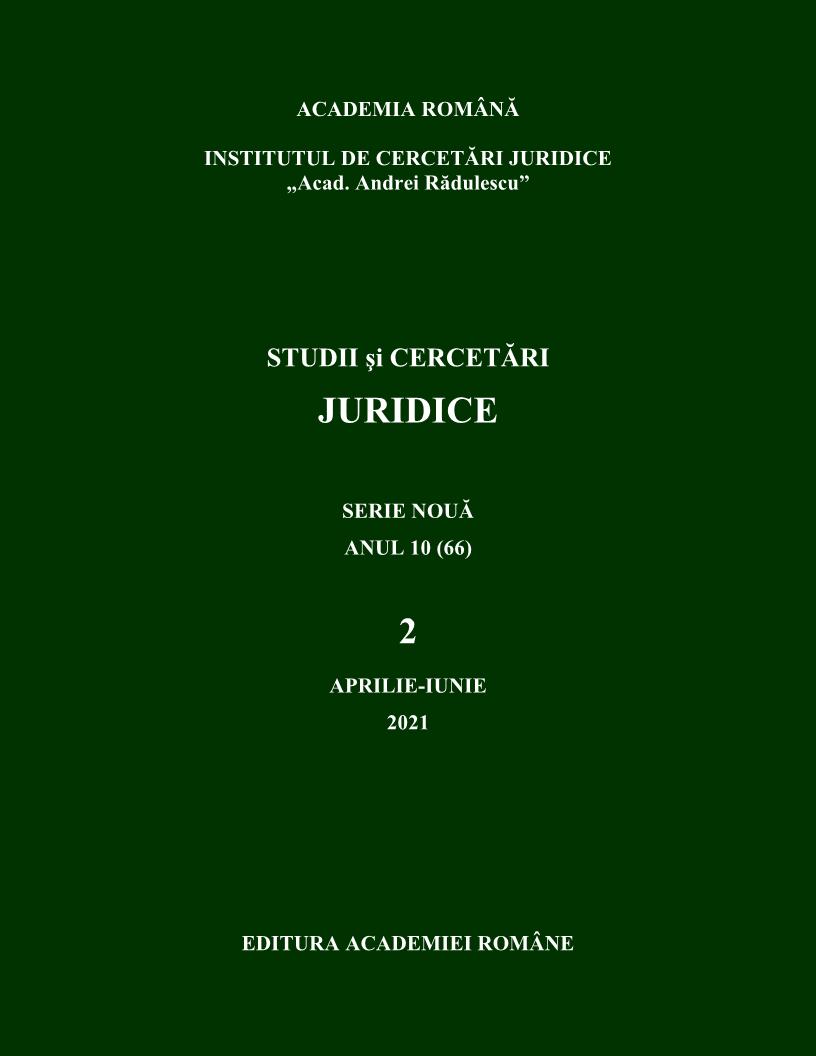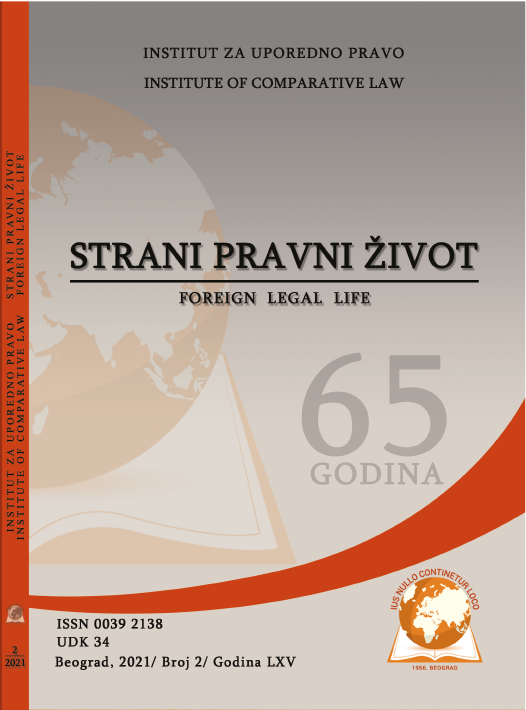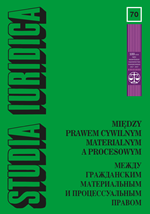
Acquis Communautaire in the Field of Nuclear and Radiation Safety and Ukrainian Legislation: Prospects and Challenges of Harmonization
Since the Chernobyl disaster, special attention is paid in Ukraine to legislation in the field of nuclear energy and radiation safety. A new stage of enhancing Ukrainian nuclear and radiation safety legislation began with the signing in 2014 of the AssociationAgreement between the European Union and its Member States, of the one part, and Ukraine, of the other. In addition, the Ordinance of the Cabinet of Ministers of Ukraine of 17 September 2014 on the implementation of the Association Agreement on atomic energy between Ukraine from one side and the European Union, the European Community and its member-countries from another side, provided for the development and adoption of new regulations in the energy sector (including nuclear) in order to implement Directives: 1) Council Directive 2014/87/Euratom of 8 July 2014 amending Directive 2009/71/Euratom establishing a Community framework for the nuclear safety of nuclear installations, 2) Council Directive 2006/117/Euratom of 20 November 2006 on the supervision and control of shipments of radioactive waste and spent fuel, 3) Council Directive 2013/59/Euratom of 5 December 2013 laying down basic safety standards for protection against the dangers arising from exposure to ionizing radiation. Implementation of EU legislation in the field of nuclear and radiation safety will reveal major shortcomings of the current state of affairs and, at the same time, mechanisms to improve Ukraine’s national legislation with the aim of preventing another Chernobyl disaster in the future.
More...
